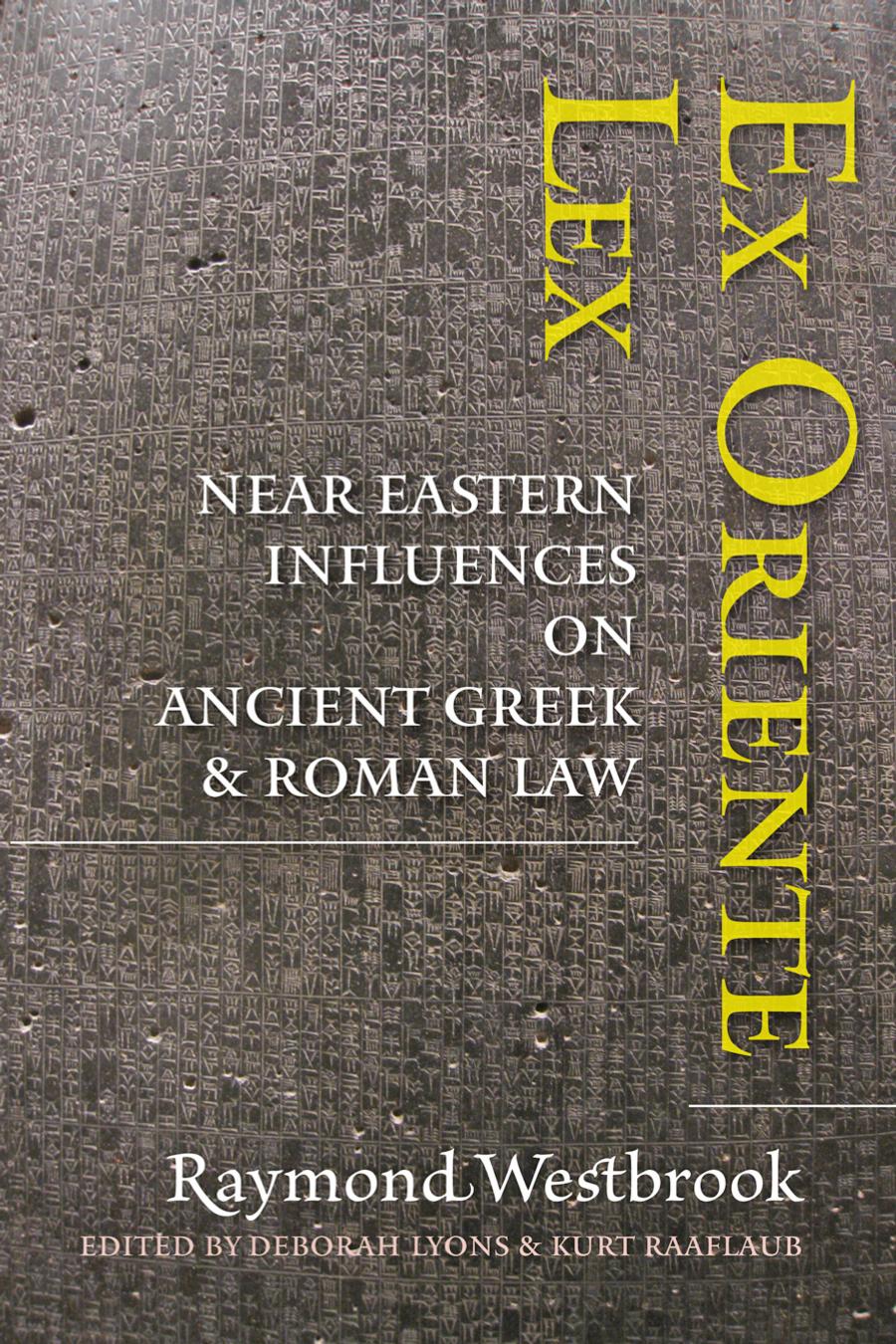

Most ebook files are in PDF format, so you can easily read them using various software such as Foxit Reader or directly on the Google Chrome browser.
Some ebook files are released by publishers in other formats such as .awz, .mobi, .epub, .fb2, etc. You may need to install specific software to read these formats on mobile/PC, such as Calibre.
Please read the tutorial at this link: https://ebookbell.com/faq
We offer FREE conversion to the popular formats you request; however, this may take some time. Therefore, right after payment, please email us, and we will try to provide the service as quickly as possible.
For some exceptional file formats or broken links (if any), please refrain from opening any disputes. Instead, email us first, and we will try to assist within a maximum of 6 hours.
EbookBell Team

5.0
100 reviewsAn essential collection of Raymond Westbrook’s groundbreaking work on the cross-cultural history of ancient law.
Throughout the twelve essays that appear in Ex Oriente Lex, Raymond Westbrook convincingly argues that the influence of Mesopotamian legal traditions and thought did not stop at the shores of the Mediterranean, but rather had a profound impact on the early laws and legal developments of Greece and Rome as well. He presents readers with tantalizing fragments of early Greek or archaic Roman law which, when placed in the context of the broader Near Eastern tradition, suddenly acquire unexpected new meanings.
Before his untimely death in July 2009, Westbrook was regarded as one of the world’s leading authorities on ancient legal history. Although his main field was ancient Near Eastern law, he also made important contributions to the study of early Greek and Roman law. In his examination of the relationship between ancient Near Eastern and pre-classical Greek and Roman law, Westbrook sought to demonstrate that the connection between the two legal spheres was not merely theoretical but also concrete. The Near Eastern legal heritage had practical consequences that help us understand puzzling individual cases in the Greek and Roman traditions. His essays provide rich material for further reflection and interdisciplinary discussion about compelling similarities between legal cultures and the continuity of legal traditions over several millennia.
Aimed at classicists and ancient historians, as well as biblicists, Egyptologists, Assyriologists, and legal historians, this volume gathers many of Westbrook’s most important essays on the legal aspects of Near Eastern cultural influences on the Greco-Roman world, including one new, never-before-published piece. A preface by editors Deborah Lyons and Kurt Raaflaub details the importance of Westbrook’s work for the field of classics, while Sophie Démare-Lafont’s incisive introduction places Westbrook’s ideas within the wider context of ancient law.